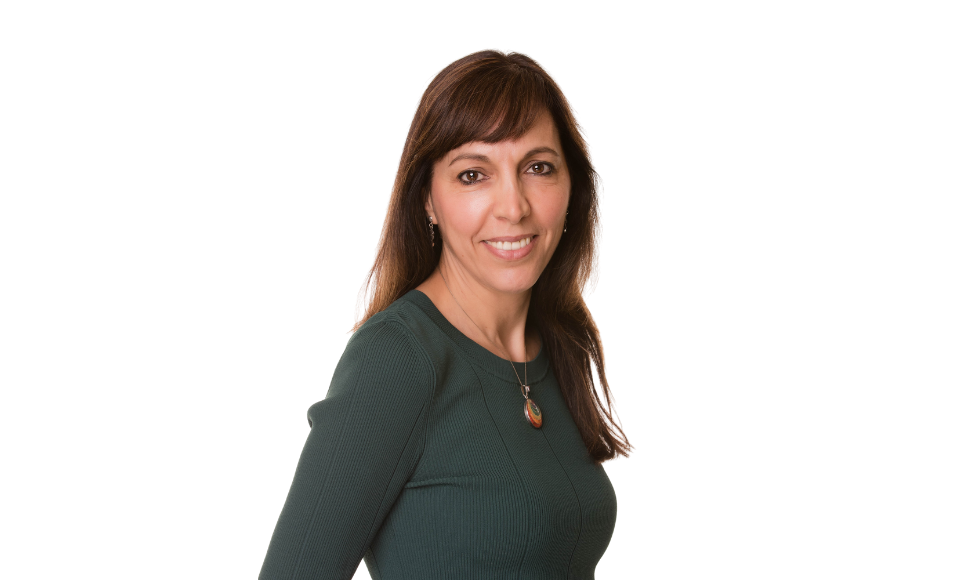In the News: Elena Verdú on new therapies for those living with celiac disease

Elena Verdú is a professor of medicine in the Faculty of Health Sciences and the associate director of the Farncombe Family Digestive Health Research Institute.
BY Andrea Lawson
June 3, 2022
New therapies could be on the horizon that could improve quality of life for people with celiac disease.
For the one per cent of people around the world with the condition, avoiding gluten is the only way to help ease its various symptoms, which includes things like abdominal pain, headache, fatigue and constipation.
Despite trying to avoid gluten, as many as 30 per cent of sufferers still have symptoms, explained gastroenterology professor Elena Verdú in an interview with The New York Times. These symptoms could be triggered by even tiny amounts of gluten.
Moreover, maintaining a strict, gluten-free diet is not easy and can make things like travelling and eating out risky. Gluten-free foods can also be more expensive and not many people have the support of a dietician to help ensure they eat a gluten-free diet that is also balanced and healthy, she said.
As researchers continue to learn more about why gluten has this effect on some people, new treatment options are opening up. While these therapies probably would not be cures for celiac disease or “a free ticket for high-gluten consumption,” they could mitigate the effects of accidentally eating small amounts, Verdú said.
These therapies are still at least a few years away from being approved for use. “Drug design and approval is a really very lengthy path,” she said.
Verdú’s clinic is participating in several trials and she says she hopes, at some point, to have several medications to offer some relief to her patients living with celiac disease.


